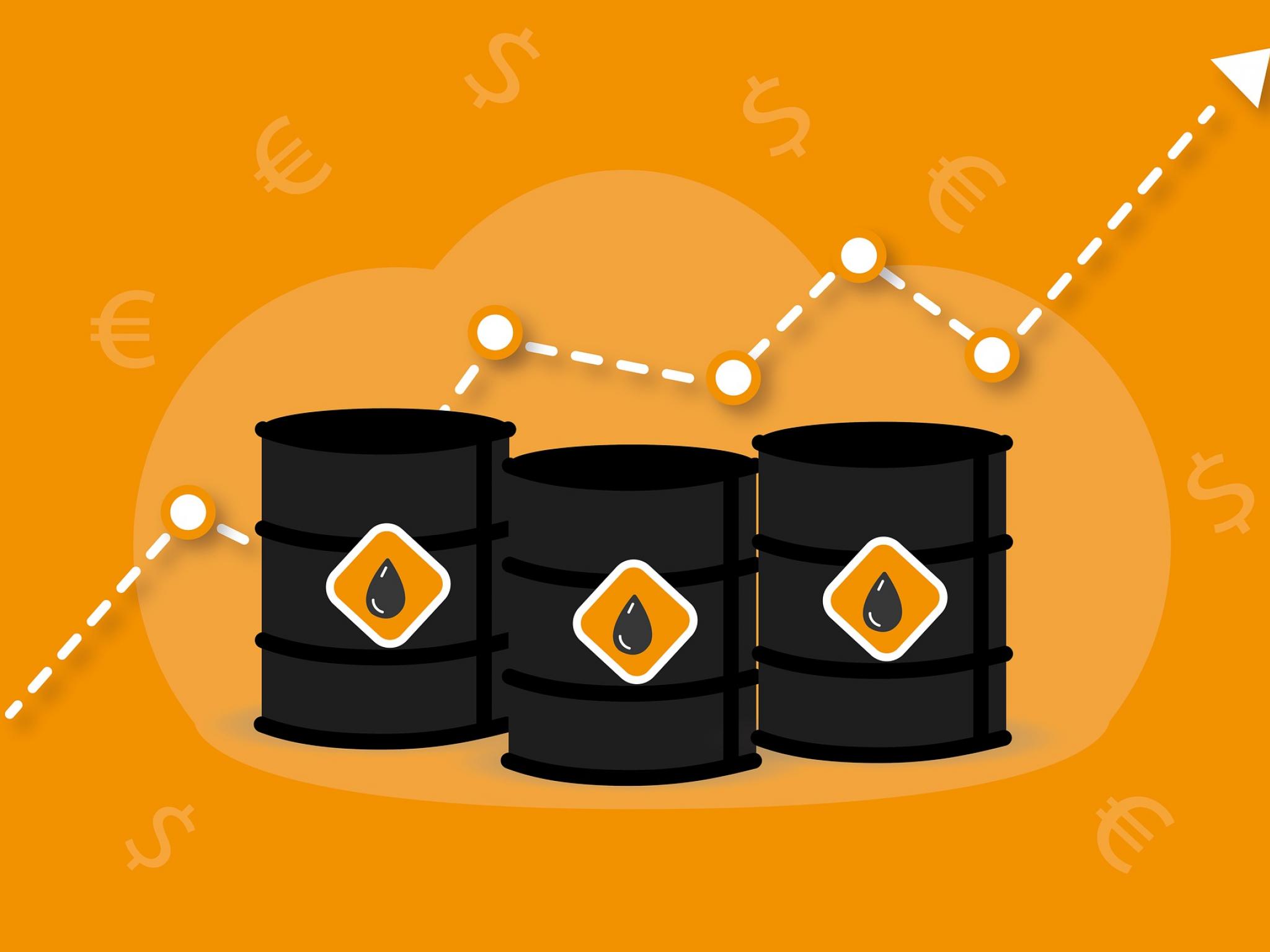
President Joe Biden announced on Oct. 19 the release of 15 million barrels of oil from the strategic petroleum reserve (SPR) due to recent production cuts announced by the OPEC + coalition.
Since the release of 180 million barrels of oil from the strategic petroleum reserves in March, the White House said that the release of 15 million more barrels will complete this commitment. And to earn money for taxpayers, the Biden administration is using the SPR as a monetary tool to relieve gas prices at the pump, which will hopefully put more cash in consumers' pockets for other necessities.
Why It Matters: The release of emergency oil is designed to reduce the price of gas for consumers brought on due to global oil shortages from the Russia-Ukraine war and the recent production cut announced by OPEC+.
See Also: $1000 Invested In Marathon Oil 5 Years Ago Would Be Worth This Much Today
According to the Energy Information Agency, the SPR is now around 405 million barrels, or 57% of storage capacity, levels not seen since 1984. This is down from almost 580 million barrels in February and more than 650 million barrels during the first coronavirus wave in 2020.
The U.S. is producing 12 million barrels of oil per day, Biden has said. "And by the end of this year, we will be producing 1 million more barrels since the day I took office," he added.
Biden also remains focused on combating climate change, as his administration ordered a 60-day pause on new drilling permits and leasing on federal land.
Biden also mentioned that we are on track for producing record levels of oil in 2023 as the U.S. is the largest producer of oil and petroleum products in the world. The U.S. government now forecasts that domestic firms would produce 270,000 fewer barrels a day in 2023, less than what was forecasted in September, according to CBS.
Go To: This Day In Market History - OPEC Cutbacks Send Oil Prices Skyrocketing
As the U.S. transitions to alternative energy sources that are more eco-friendly, oil companies are precarious about investing in further oil production as they are concerned about demand falling in the future.
This year, Exxon Mobil (NYSE:XOM) wrote a letter to Biden explaining that it has been investing more than any other company to develop U.S. oil and gas supplies. The company also asked the administration to invest in a “clear and consistent policy that supports U.S. resource development, such as regular and predictable lease sales, as well as streamlined regulatory approval and support for infrastructure such as pipelines.”
Biden announced he will fill the SPR at a profit for taxpayers, when the price per barrel of crude oil falls below $70 per barrel.
“Refining and refilling the reserves at $70 per barrel is a good price for companies, and a good price for taxpayers,” Biden said.
Since March, the average price of oil per barrel has been $90 a barrel, levels not seen since 2014. This is why selling the reserves while oil is high, then buying it back when it declines, will make money for taxpayers.







